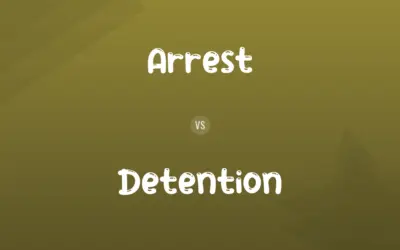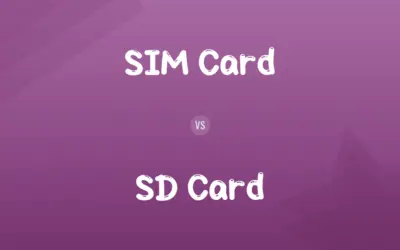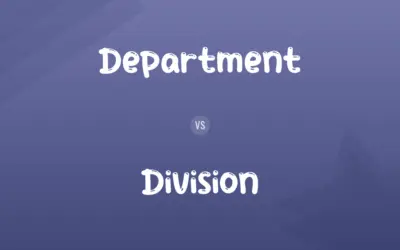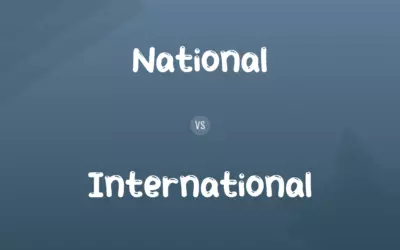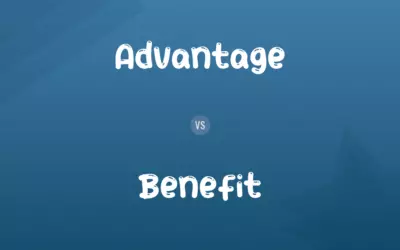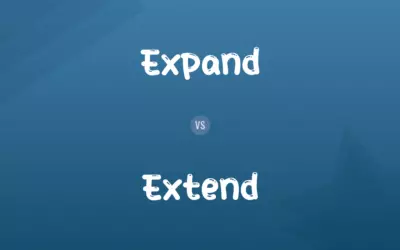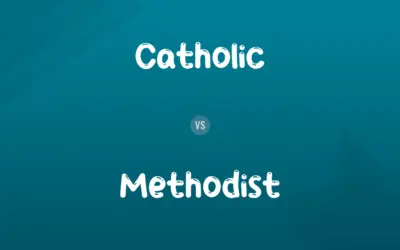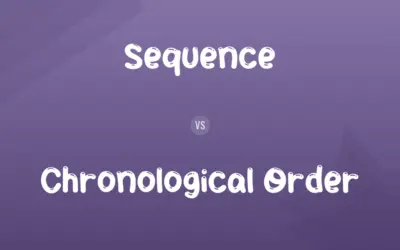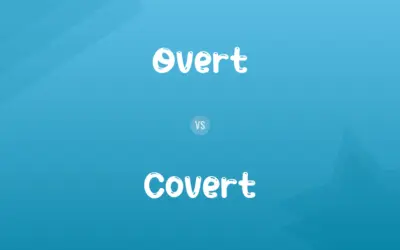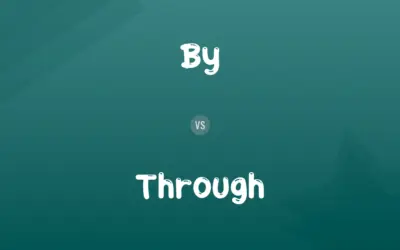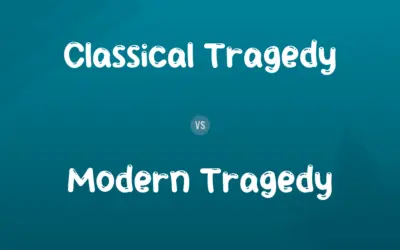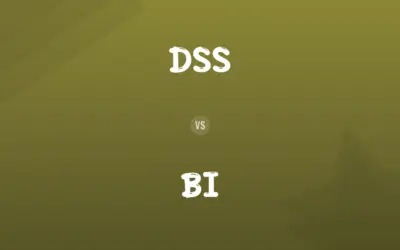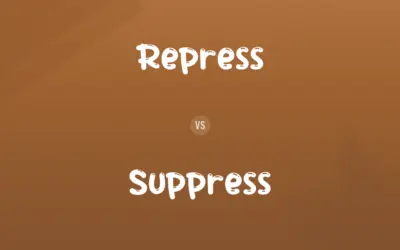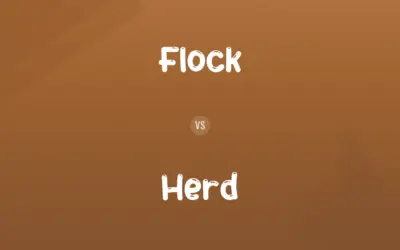Fascism vs. Dictatorship: Difference and Comparison
By Muazma Batool & Muneeza Rehman — Published on April 9, 2024
Fascism is a authoritarian characterized by dictatorial power and severe economic and social regimentation. Dictatorship is a form of government where a single person or party has absolute power without effective constitutional limitation.
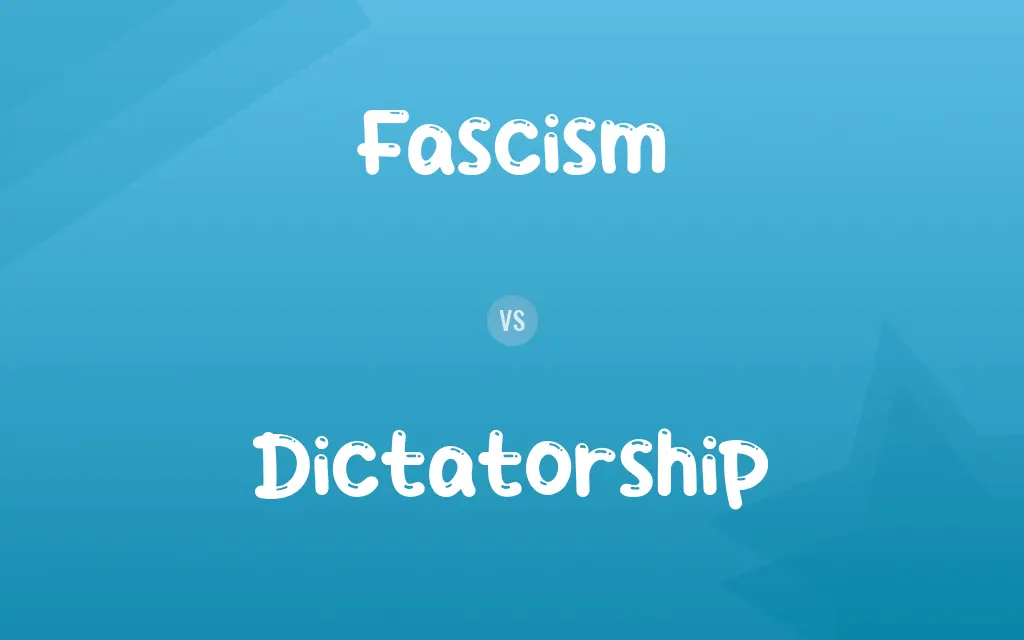
Difference Between Fascism and Dictatorship
Fascism, originating in early 20th-century Europe, emphasizes aggressive nationalism, the suppression of political opposition, and the integration of state and business leadership. It seeks to forge a unified national community through state control, propaganda, and mass mobilization. Dictatorship, a broader term, can manifest in various ideologies, including fascism but also communism, military juntas, or personalist regimes. It focuses on the concentration of power in the hands of one leader or a small group, often coming to power through non-democratic means and limiting political freedoms.
Muazma Batool
Apr 09, 2024
Fascism inherently opposes democracy, socialism, and liberalism, advocating for a totalitarian state with a one-party system, dictatorships may not strictly adhere to a specific ideological framework. They can be secular or religious, right-wing or left-wing, with the primary commonality being the absolute authority of the ruler.
Muazma Batool
Apr 09, 2024
Fascist regimes, such as Mussolini's Italy and Hitler's Germany, are noted for their totalitarian ambitions, aiming to control all aspects of life and suppress dissent through violence and censorship. They often mobilize supporters through appeals to racial, ethnic, or national superiority.
Muazma Batool
Apr 09, 2024
Dictatorships, on the other hand, may allow for some degree of social or economic freedom, depending on the ruler's goals and the regime's nature. They might focus on maintaining power through force, manipulation, or co-optation, rather than mobilizing the population around a specific ideological goal.
Jonathan
Apr 09, 2024
Fascism vs. Dictatorship Comparison Chart
Ideology
Far-right, authoritarian ultranationalism.
Ideologically flexible, with power concentration as the core.
Muazma Batool
Apr 09, 2024
Government Type
Totalitarian, with a focus on a nationalistic one-party state.
May vary (authoritarian, totalitarian), with a single leader or party ruling.
Muazma Batool
Apr 09, 2024
Power Acquisition
Through populist movements and coups, with charismatic leadership.
Can be through coups, inheritance, or other non-democratic means.
Muazma Batool
Apr 09, 2024
Political Opposition
Suppressed through state control and violence.
Suppressed, with the degree and methods varying.
Lucas
Apr 09, 2024
Social and Economic Policies
Highly regimented, with state control over economy and society.
Can range from laissez-faire to state-controlled, depending on the regime.
Henry
Apr 09, 2024
Fascism vs. Dictatorship Definitions
◉Fascism
A regime that promotes national unity and purity, often through xenophobia or racism.
Fascist ideologies often involve scapegoating minorities for societal issues.
William
Feb 21, 2024
◉Dictatorship
A form of government where absolute power is concentrated in the hands of one person or a small group.
The dictatorship was marked by the suppression of free speech.
Muazma Batool
Feb 21, 2024
◉Fascism
A political ideology that combines extreme nationalism with authoritarian rule.
Fascism in 20th-century Europe led to the rise of totalitarian states.
Muazma Batool
Feb 21, 2024
◉Dictatorship
Can arise in any political or ideological context, focusing on control and authority.
Dictatorships can be secular or religious, depending on the leader's beliefs.
Muazma Batool
Feb 21, 2024
◉Fascism
Governed by a dictatorial leader who seeks to mobilize the nation towards its goals.
Fascist leaders use propaganda to unify and control the populace.
Muazma Batool
Feb 21, 2024
◉Dictatorship
Often established through coups, elections, or inheritance, with power maintained by force.
The military coup paved the way for a long-lasting dictatorship.
Muazma Batool
Feb 21, 2024
◉Fascism
Characterized by the suppression of political dissent and the centralization of authority.
Fascism eliminates democratic institutions to maintain power.
Muazma Batool
Feb 21, 2024
◉Dictatorship
Political opposition is limited or eliminated to ensure the regime's stability.
In a dictatorship, opposition leaders are often jailed or exiled.
Jonathan
Feb 21, 2024
◉Fascism
A system where the state exerts total control over social and economic life.
Under fascism, the government suppressed any form of opposition.
Muazma Batool
Feb 21, 2024
◉Dictatorship
The ruler may implement policies ranging from economic liberalism to complete state control.
Despite its dictatorship, the country experienced economic growth through liberal policies.
Muazma Batool
Feb 21, 2024
◉Fascism
A system of government marked by centralization of authority under a dictator, a capitalist economy subject to stringent governmental controls, violent suppression of the opposition, and typically a policy of belligerent nationalism and racism.
Muazma Batool
Feb 20, 2024
Fascism vs. Dictatorship Frequently Asked Questions
What is fascism?
Fascism is a political ideology characterized by authoritarian ultranationalism, dictatorial power, and severe economic and social regimentation.
Muazma Batool
Apr 09, 2024
How do fascists come to power compared to other dictators?
Fascists often rise to power through populist movements and the charisma of their leaders, while other dictators may come to power through various means, including military coups or inheritance.
Muazma Batool
Apr 09, 2024
Can a dictatorship be fascist?
Yes, a dictatorship can be fascist if it adheres to fascist principles such as authoritarianism, nationalism, and suppression of opposition.
Muazma Batool
Apr 09, 2024
What is a dictatorship?
A dictatorship is a government form where a single entity holds absolute power, with few or no limitations on their authority.
Muazma Batool
Apr 09, 2024
How do fascism and dictatorship differ in terms of ideology?
Fascism is specifically a far-right ideology with distinct characteristics like extreme nationalism, while dictatorship refers to the concentration of power and can be ideologically neutral.
Muazma Batool
Apr 09, 2024
What is the significance of nationalism in fascism?
Nationalism is central to fascism, which promotes a unified national identity, often at the expense of minority groups and perceived external enemies.
Elijah
Apr 09, 2024
Are all dictatorships fascist?
No, not all dictatorships are fascist. They can span a wide range of ideologies, including communism or military rule, without necessarily being fascist.
Nolan
Apr 09, 2024
Can a democracy become a fascist state or a dictatorship?
Yes, democracies can devolve into fascist states or dictatorships if democratic institutions are undermined and power becomes concentrated in the hands of a few.
Nolan
Apr 09, 2024
What role does political opposition play in fascism and dictatorships?
Both fascism and dictatorships suppress political opposition, but fascism specifically mobilizes against it through ideological warfare, while dictatorships may simply aim to eliminate threats to power.
Henry
Apr 09, 2024
How do social and economic policies differ between fascism and dictatorships?
Fascism involves state control over society and the economy, aiming for total integration. Dictatorships' policies can vary widely, from liberal to controlled, depending on the regime's goals.
Olivia
Apr 09, 2024
Content Creators
Written by
Muazma BatoolAs a content editor, Muazma Batool is not just a grammar guru but a creative mastermind who breathes life into every word. With an eagle eye for detail and a passion for storytelling, she transforms bland text into engaging content that captivates audiences and drives results.
Co-written by
Muneeza RehmanAt Comparisons.wiki, Muneeza skillfully navigates the vast sea of information, ensuring clarity and accuracy as the lead content editor. With a keen eye for detail, she curates every comparison to enlighten and engage readers.

